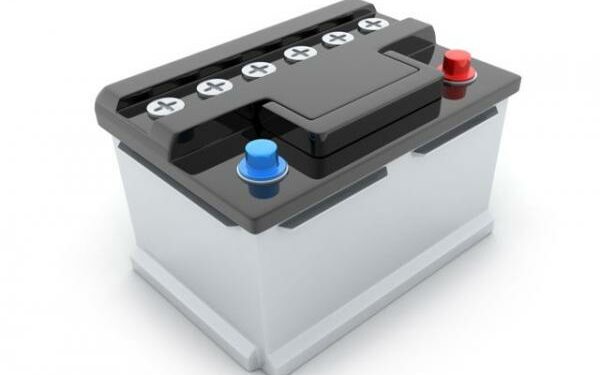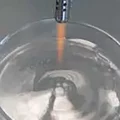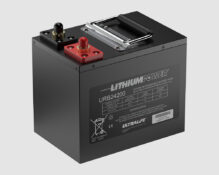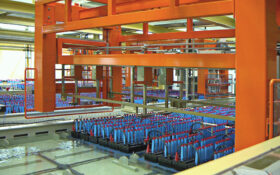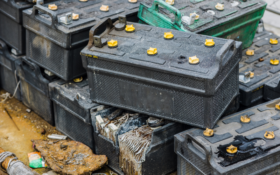The German government is backing research in the country designed to help “safeguard the future of lead-acid batteries”.
Goals of the AddESun project include helping the lead industry to achieve “more sustainable production, improved charging behaviour, longer service life and higher power density”.
Battery experts of the Fraunhofer R&D Center Electromobility Bavaria— part of the Fraunhofer Institute for Silicate Research ISC— are teaming up with industry and research partners to work on the project, which is coordinated by EXIDE Technologies Operations in Germany.
The “key task” of researching new additives and their effect on battery properties has been assigned to the Fraunhofer ISC.
AddESun project leader Jochen Settelein said: “Our task is to investigate the correlation between the chemical and physical structure of the additives and to understand what part they play within a battery.”
“Special attention will be paid to the effect of additives on a battery’s mechanical stability, conductivity and on the porosity of the active mass,” Settelein said.
The federal government is providing 60% of the funding for the three-year project valued at EUR3.4 million.
According to Fraunhofer, lead-acid batteries “are among the oldest and most common battery systems in Germany”. “About 200,000 tons of them come to market each year and their disposal is excellently organised.”
“Electrochemical investigations and model-supported analyses will help gain a better understanding of the effect mechanisms of additives in lead-acid batteries,” Fraunhofer said. “The information will be used to synthesise new or to optimise old materials. The systematic approach is intended to improve service life and augment energy density by up to 30%. A battery demonstrator with an energy capacity of 30kWh— equal to a 200km range for an electric vehicle— will serve to evaluate and verify the findings.”

